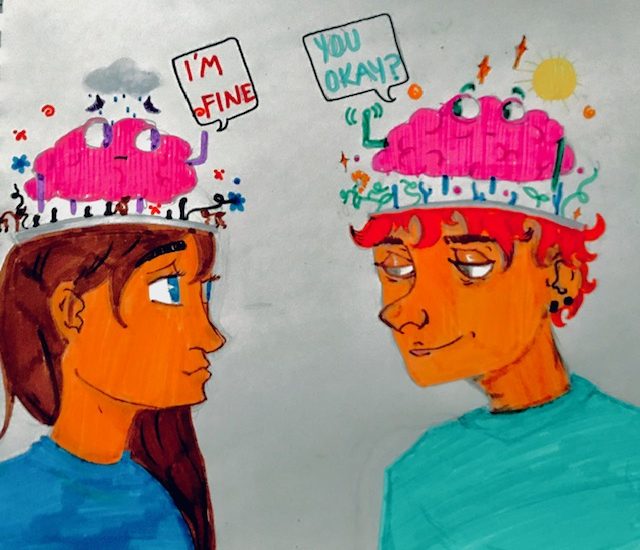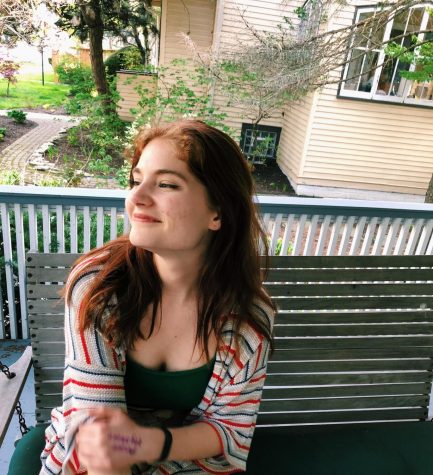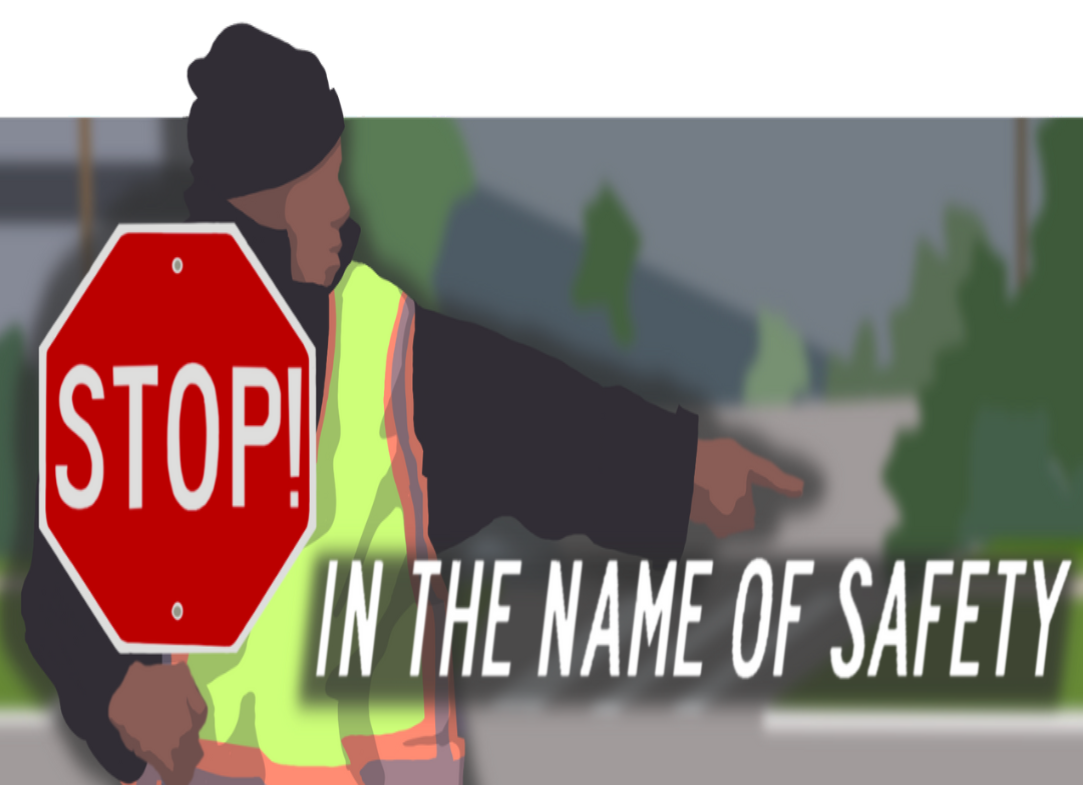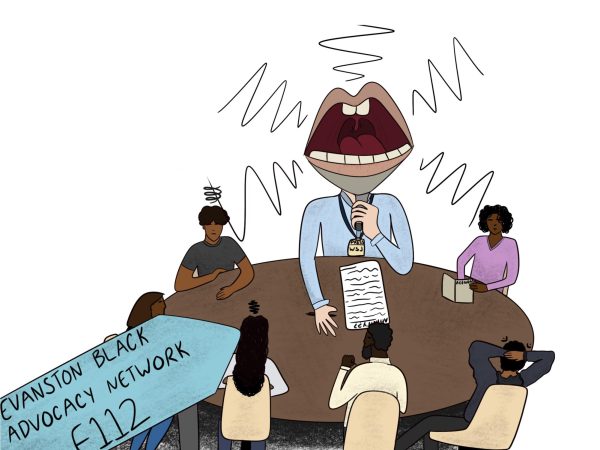Mental health support is more than a hashtag
November 8, 2019
Every year, when Mental Health Day rolls around on Oct. 10, my Instagram feed is replete with passionate posts on the subject: my peers share paragraphs about their own experiences, detailing life with anxiety or depression, and celebrities show their support with a hashtag or graphic. And every year, without fail, the shared message seems to be that the most crucial step to take in the face of mental health is to reach out to your friends. And every year, the conversation seems to disappear as soon as the clock strikes midnight.
Today, our world discusses mental health more than ever before. Considering how taboo the conversation was in the days of our parents, teachers and even our siblings, the leaps and bounds we’ve made on the topic are incredible. Most of our generation has the ability to talk openly about our own struggles and explore methods of treatment like therapy and medication. Popular media has started portraying mental illness: the television shows BoJack Horseman and Crazy Ex-Girlfriend, for example, dissect life with mental health issues, and the celebrity world is slowly becoming more honest about addiction and mental illness.
Truthfully, I am grateful for the progress we’ve made on this matter. The blooming transparency surrounding mental health has given me and countless others a more accepting space to share how mental health struggles have affected our lives. Throughout my adolescent years, I’ve dealt with severe feelings of anxiety and body image issues, and I understand how feeling mentally and spiritually unwell can impair your life. The ongoing conversation about mental health has also taught me that nobody is alone; everybody wrestles with mental wellness at some point in their lives. Because of this, I believe that we, collectively, share the responsibility of helping those in our lives who might be struggling alongside us – and this responsibility carries over into real life.
There is nothing inherently wrong with the idea of texting your friends; it’s a nice gesture, but there’s more to be done. For starters, check in with your loved ones more than once a year. You don’t need a national day of awareness to be caring. Check in during social situations, during class, during times of high stress, and be there for them. A text doesn’t mean anything if you don’t follow through.
“It can be easy to feel alienated, so it means a lot when you know a friend is looking out for you,” junior Becky Arden says.
The next best thing to do is get informed. What stresses out your loved ones? What circumstances heighten their anxiety, their depression, their trauma? There is an endless wealth of information online and in print regarding this topic, and taking advantage of your resources will help you better understand how you can be a positive influence in their lives. If you feel it necessary, research their own next steps; if they haven’t already, encourage them to look into seeking treatment. Speaking from experience, it can be hard to understand when is the right time to make a change, and a gentle push from someone you love might be all it takes.
So yes, text your friends. Post on social media, spread hashtags, do what you feel is necessary to help advance the welfare of this cause. But understand that you have a responsibility to care for those around you, and use your power for good.
















